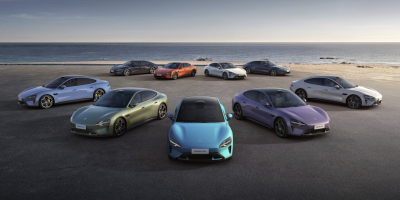Outside of a smartphone’s design, many phone makers have been putting an increased focus on extending the life of lithium-ion batteries. This is why we have features such as Adaptive Charging, which is found in pretty much every smartphone, including many of the top Android phones and the iPhone.
While adding these software features is expected to help extend the life of lithium-ion batteries, it doesn’t mean that it’s the perfect solution. That could end up changing in the near future, and it’s all thanks to the continued development of electric cars.
A new report from AutoEvolution states that scientists have “found a clever way to extend Li-Ion batteries’ life”. But instead of redesigning the batteries, or using some type of new technology, all it requires is a “software redesign for the charging circuits”.
The method for reactivating the lithium anode involves providing a big surge in discharging current at the end of a charge cycle. This moves the isolated lithium ions toward the anode. The higher the discharging current, the faster they move and the more efficient the process is. The results of the study have been validated with multiple test batteries and through computer simulations.
It sounds a bit strange, but by discharging at an increased rate at the end of a charge cycle, the life of these batteries could be extended by as much as 30%. By doing so, any of the lost ions will be “reconnected”, which not only extends the life of the batteries but also reduces the risk of a battery catching on fire. Thankfully, this hasn’t been much of a problem following the Galaxy Note 7 debacle, but there have been some reports with issues pertaining to the OnePlus Nord 2 spontaneously catching fire.
While smartphone makers continue to push the limits of how fast a phone can charge, the technology itself hasn’t really been innovated upon. We’re still pretty much using the same batteries now that we’ve been using for years and years.
This new software redesign has yet to be implemented by any EV makers, as it is continuing to go through a series of testing. However, the results provided are definitely an indication that changes could be coming, and electric cars won’t be the only market that will benefit from it.











Comments